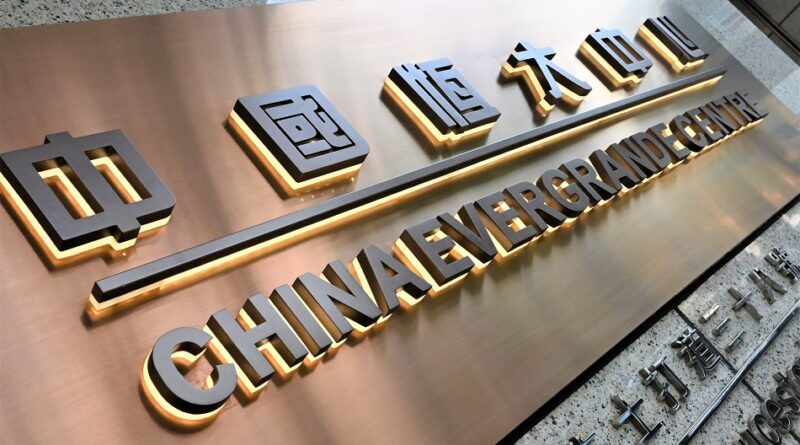Evergrande Files for US Bankruptcy Protection as China Economic Fears Mount
In a shocking development that has sent shockwaves through global financial markets, China’s embattled real estate giant, Evergrande Group, has reportedly filed for bankruptcy protection in the United States. The move comes amidst growing concerns over the company’s massive debt burden and the potential ripple effects on the Chinese economy.
Evergrande, once considered a symbol of China’s economic prowess, has been struggling with a debt crisis for months. With liabilities exceeding $300 billion, the company has been grappling to repay its creditors and suppliers, while also facing pressure from angry homebuyers who have invested in its unfinished projects.
The decision to file for bankruptcy protection in the US appears to be an attempt by Evergrande to shield some of its overseas assets from the ongoing turmoil in China’s domestic markets. It is also seen as a strategic move to buy the company some time to negotiate with creditors and devise a plan to manage its debt. However, experts suggest that this move could further complicate matters, potentially leading to legal battles over the distribution of assets.
The news of Evergrande’s US bankruptcy filing has triggered concerns about the broader implications for the Chinese economy. China’s property sector is deeply intertwined with various sectors, including construction, manufacturing, and finance. A collapse of a company as massive as Evergrande could have a domino effect, leading to layoffs, supply chain disruptions, and a decrease in consumer spending.
International investors are also closely watching the situation, as Evergrande’s debt issues have raised questions about the overall health of China’s financial system. The Chinese government has been taking steps to contain the fallout, including encouraging state-owned enterprises to provide financial support to Evergrande. However, these efforts might not be enough to prevent a potential crisis.
The timing of Evergrande’s bankruptcy filing in the US coincides with growing concerns about China’s economic growth prospects. The country’s economy has been facing headwinds, including a slowdown in manufacturing, rising inflation, and regulatory crackdowns on various industries. The combination of these factors has led to a sense of unease among investors and policymakers alike.
As the situation unfolds, there are concerns about how other property developers in China might be affected by Evergrande’s troubles. Market sentiment has already been impacted, leading to declines in the shares of other real estate companies as investors reassess the risks associated with the sector.
In conclusion, Evergrande’s decision to file for bankruptcy protection in the US marks a pivotal moment in the ongoing saga of China’s debt crisis. The move underscores the challenges faced not only by the company itself but also by the broader Chinese economy. As the situation continues to evolve, it remains to be seen how the Chinese government and international stakeholders will respond to mitigate the potential fallout and stabilize the economy.

